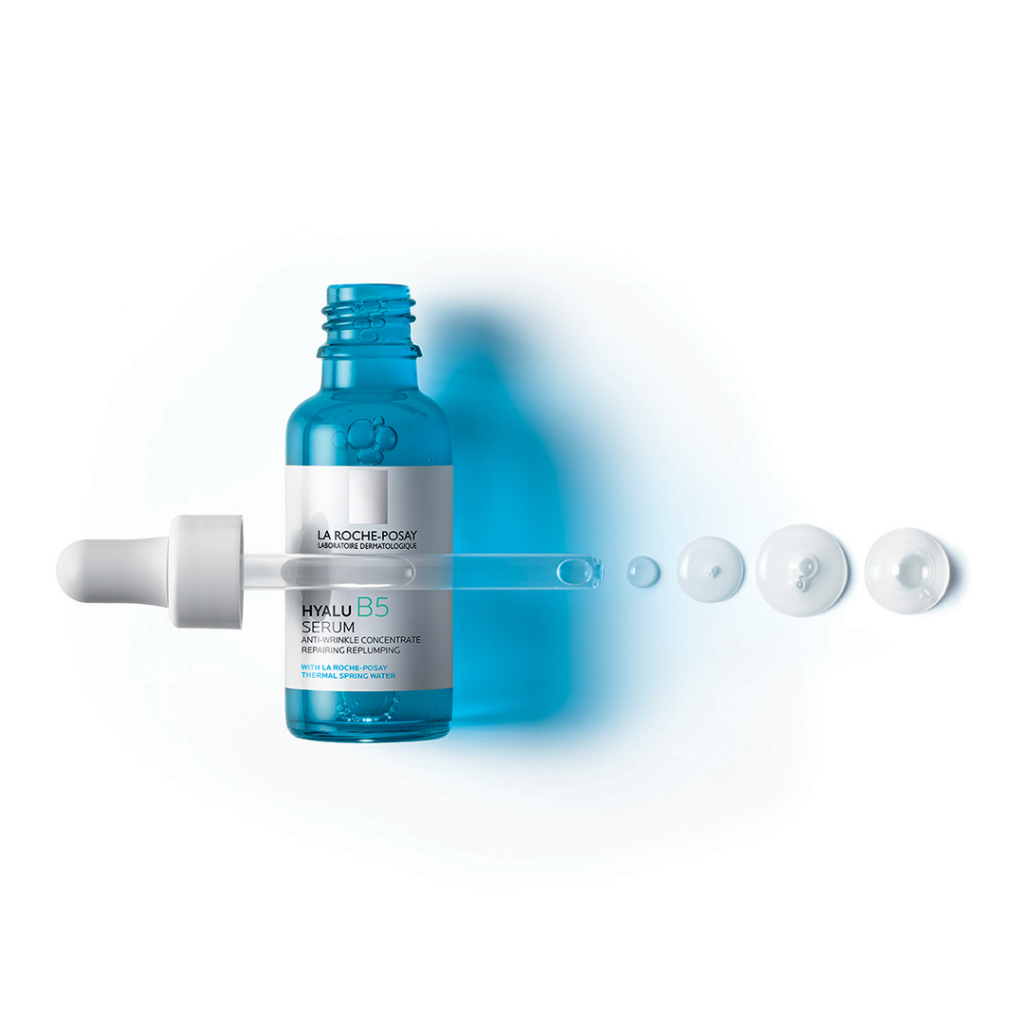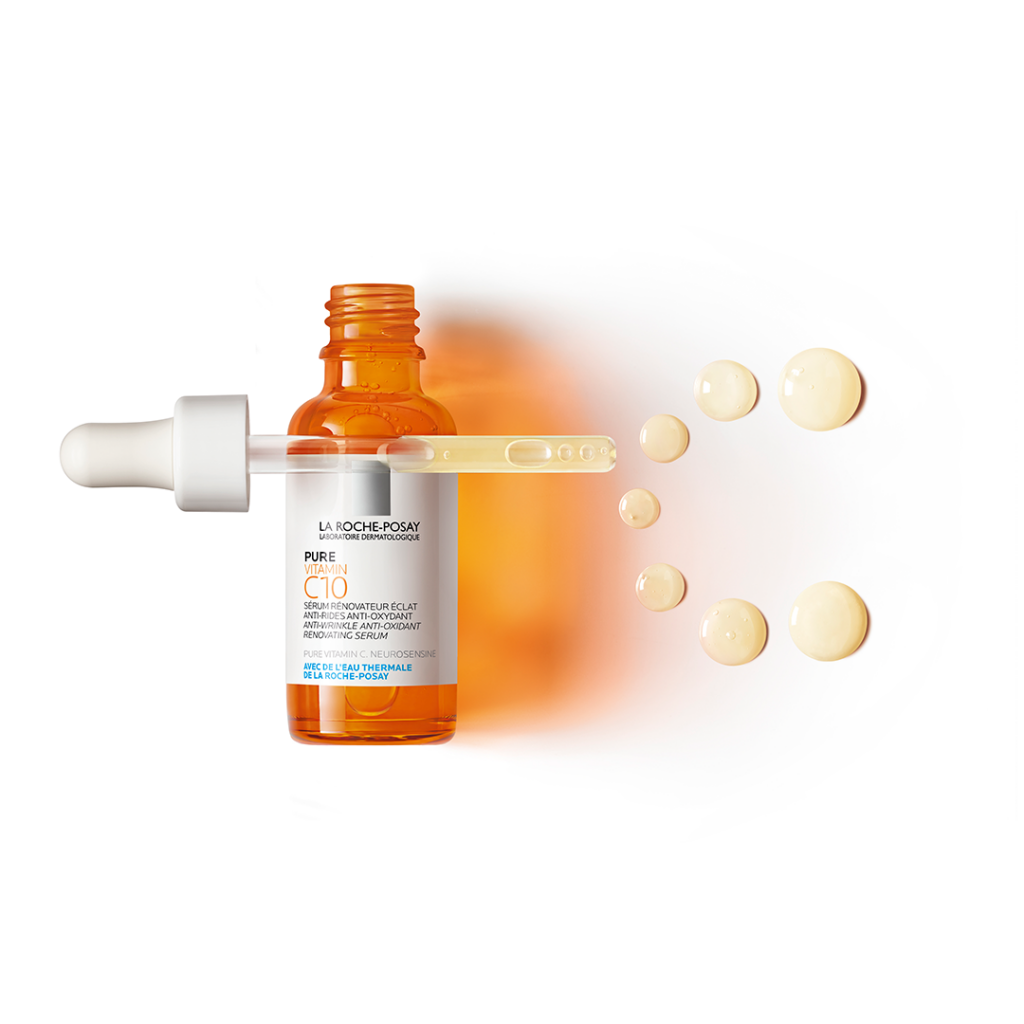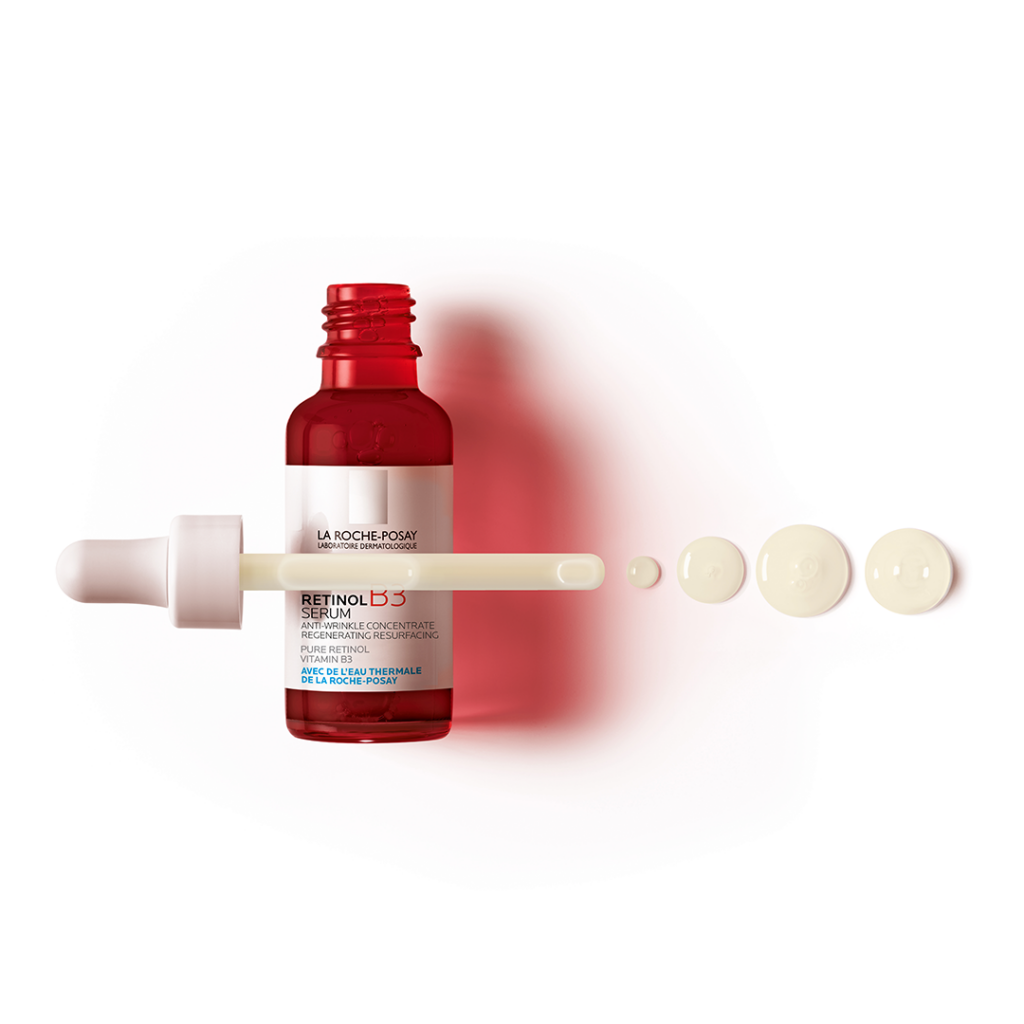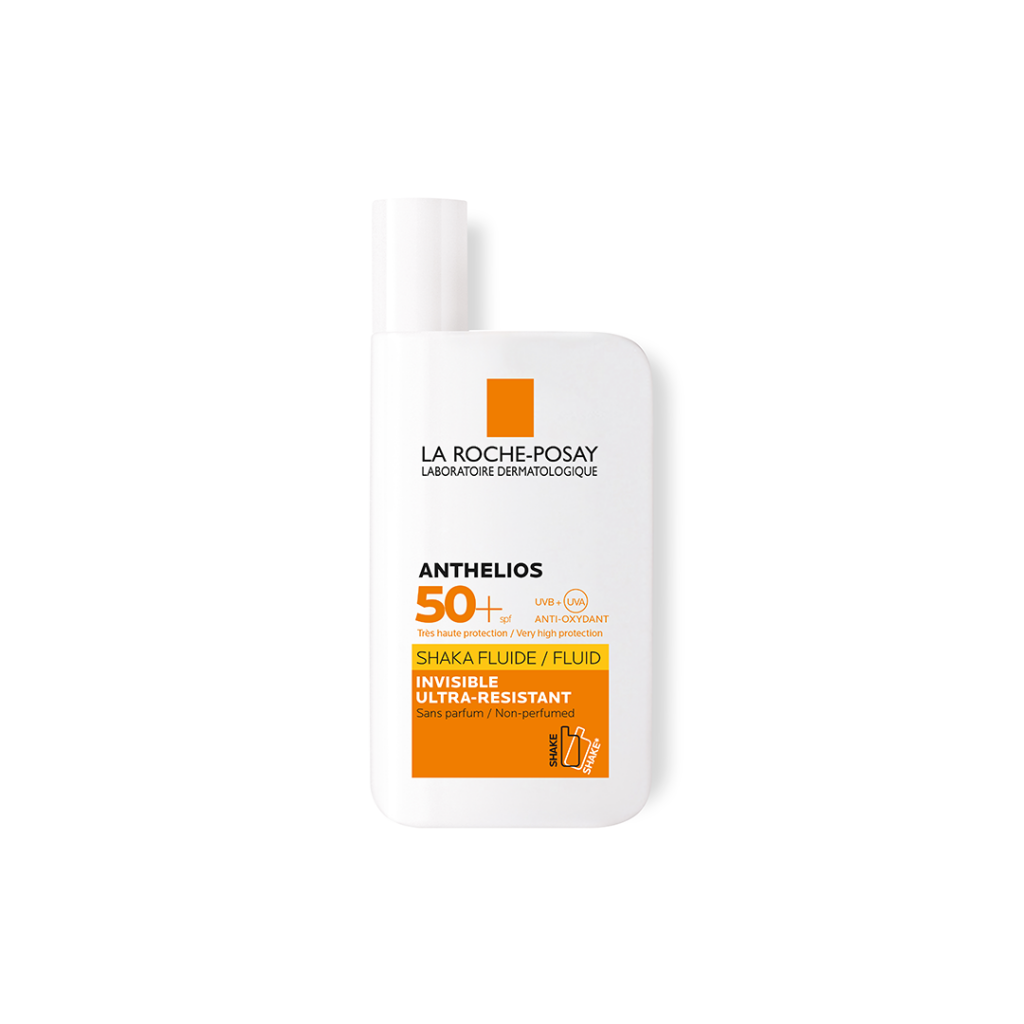When does skin start to age?
In our mid-20s, the production of collagen and elastin in the body starts to slow down. This effect causes our skin to begin losing elasticity and to appear dull. At the same time, there is an accumulation of defects in cells of the skin and the surrounding structures.
The signs of ageing start to appear as pigmentation spots and wrinkles. Unfortunately, most of us wait until we spot the signs of ageing to properly take care of our skin. Ageing needn’t be scary. By knowing what to expect and how to slow this down, you can take care of your skin to keep it looking good for longer.
What can we do about it?
While there is not much we can do to stop the progress of natural ageing, there are certainly ways to slow this down. When we apply quality creams and serums to the skin, the skin can use these molecules to replace those depleted from the body to maintain a healthy skin structure.
Using anti-ageing products from a relatively young age makes a difference in how the skin will look later on in life. This is especially true for those who are careful to avoid the damaging effects of the sun. Lifestyle habits such as eating a balanced and healthy diet, not smoking, and staying hydrated also affect the skin.

What are serums?
Serums allow us to deliver concentrated doses of ingredients that can penetrate into the deep layers of the skin. They can do this due to the small molecule sizes of the ingredients and the thin and smooth formula of the liquid.
If you’re already cleansing your skin, using a toner, and regularly applying moisturizer, adding serums to your routine may seem excessive. Here’s why you should: serums penetrate the skin in a way creams cannot because of their super-thin formulas. Since serums don’t sit on the skin’s surface, they contain fewer lubricating or thickening products. Their simplicity allows for deep penetration where they can affect their power where it is needed the most.
Which serum should I use?
Pick an anti-ageing serum depending on your specific need. Try to understand whether your skin would benefit from using a serum that repairs, plumps, reveals radiance, or fills in deeper wrinkles. Keep in mind that as time goes by, you may need to re-examine your choice.
Always look out for key ingredients considered to be the golden standards in the skincare industry. These are hyaluronic acid, collagen, vitamins B5 and C, and retinol.
Hyalu B5 Serum (used age 25+) is an intensely hydrating serum that repairs the skin while plumping it. It has been created for dehydrated skins showing signs of ageing: the appearance of fine lines and wrinkles, loss of volume, and a decrease in suppleness. Hyalu B5 serum repairs the skin to give it more bounce, achieving a fresh and soft complexion.

Pure Vitamin C Serum (used age 25+) is suitable for the most sensitive skin. It reveals more radiant and healthy skin while minimizing the signs of ageing. While reducing the appearance of fine lines and wrinkles, it also improves skin texture and evens out skin tone. In addition, the skin looks visibly radiant through the anti-oxidant effect of vitamin C. At the same time, hyaluronic acid hydrates the skin for a smoother look. This results in glowing, radiant, younger-looking skin.

Retinol B3 Serum (used age 30+) helps correct deeper wrinkles and dark spots and is suitable for sensitive skin. Its regenerating powers target problem spots, improving the skin’s ability to retain moisture. It is designed as a night serum but can be used during the day as long as sun protection is applied. This is important to prevent damage by photo-ageing. Retinol B3 Serum firms, fills, and plumps up the skin. It can be combined with Hyalu B5 Serum, therefore applying Retinol B3 Serum at night and Hyalu B5 Serum during the day.

Essential tips for all anti-age skincare routines
When applying serums, it is essential to have a clean base so that the skin can absorb the product well. Choose a cleanser suitable for your skin type and clean your skin twice a day or as necessary. Always clean any make-up off before going to sleep. Don’t skip the moisturiser! This is needed to protect the outer layers of the skin from damage and dehydration. And finally, remember to use sun protection such as Anthelios Shaka Invisible Fluid SPF50+.. all year round to avoid the nasty effects of photo-ageing and premature ageing.

Sources:
When Does Skin Begin to Age? Skin Aging Timeline. (n.d.). MedicineNet. Retrieved December 2, 2021, from https://www.medicinenet.com/when_does_skin_begin_to_age/article.htm
Bouchez, C. (n.d.). Timeline of Your Face: How You Age. WebMD. Retrieved December 2, 2021, from https://www.webmd.com/beauty/features/skin-ages

